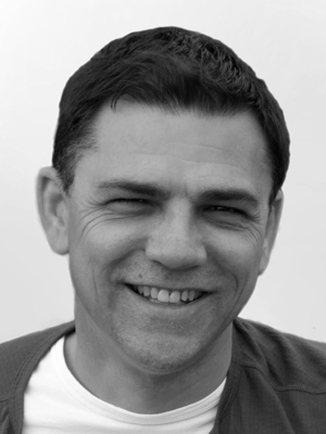|
A little while ago, I was being interviewed on a radio show, and the question of humanism came up. Because I had described myself as a humanistic counsellor, the interviewer assumed I was also a humanist.
Humanist, humanistic, aren't they the same thing?
Although these two things are similar, they are not quite the same thing.
When I say I am a humanistic counsellor, I really should say I am a humanistic psychology counsellor, but this is a bit of a mouthful. Although humanistic psychology and humanism have similar roots, they have some differences, and perhaps this one is most significant, trusts to the scientific method when it comes to understanding how the universe works and rejects the idea of the supernatural (and is therefore an atheist or agnostic) source British Humanist Association I would re-write this as, "trusts to human experience." A humanistic psychology perspective values human experience over and above the scientific method, and scientific thought. In particular humanistic psychology rejects the medical model as a valid description of the human experience of mental health. There is also the small point that a humanistic approach does not necessarily reject the supernatural, rather it is interested in the human experience of the supernatural. It is perfectly possible to be Christian, Muslim, Hindu, or Buddhist and also be a humanistic counsellor. Indeed a significant number of therapists are! Humanistic roots
When humanistic psychology was developing, in the 50's and 60's so was another very significant social movement.
The 60's, described as the era of 'sex, drugs, and rock n' roll', also heralded significant social change. The many social movements, sort to challenge authority vested in the old social order, and overturn, "we know what is best for you." It replaced it with a conviction that the individual was of utmost importance. This rejection of vested ideas is also part and parcel of the humanistic movement. It rejected both the deterministic behavourism of traditional psychology, and the fatalistic psychoanalytical models in favour of a much more positive view of humanity. The father of humanistic psychology
In truth, there is more than one figure in the humanistic movement, however space precludes me from mentioning them all, and Abraham Maslow is a very significant figure.
You have probably heard of Maslow's Hierarchy of Needs. I encountered it in a social care field, where we focused on the needs at the bottom - those unmet physical, safety, and belonging needs. We generally ignored the one right at the top. However, it was this one ~ self-actualisation ~ which most interested Maslow, and the humanistic movement in general. Self-actualisation disposes of the idea that to find purpose and meaning, we need some outside agency to give us direction. For the humanistic movement, self-actualisation allowed meaning and purpose to be innate in each and every human being. This idea very much ties humanistic psychology to the prevailing attitudes and social movements of the time. It both rejected authority and placed supreme importance on the self. It is this idea of self-actualisation which underpins the humanistic movement's belief that every human being has the potential for growth and change. Humanistic psychology then and now
While humanistic psychology's birth place was on the fringes, it has since then been incorporated into many aspects of our day to day lives.
If you have ever worked in a social care setting, you will have encountered humanistic ideals. Putting people at the centre of what you do is a humanistic endeavour. When I worked with people with a learning disability, I had extensive training on challenging behaviour. The central ethos of this training was about discovering the purpose and meaning of the behaviour for the person, which is fundamental to the humanistic approach. The humanistic ethos has also found its way into medicine and psychiatry. The most recent NICE guidelines (National Institute for Clinical Excellence) for depression require professionals to, build a trusting relationship and work in an open, engaging and non‑judgemental manner source NICE Depression in adults: recognition and management This is a re-working of Carl Rogers core conditions, which is central to all humanistic therapeutic practice. A message of hope
One of the things, which I feel is not emphasised enough, is that the humanistic message is a hopeful one, both for the individual and society as a whole.
This hopeful message turns up in positive psychology, which is underpinned by a humanistic ethos, as Tim Lomas discusses in The Conversation. It overturns Freud's idea that the purpose of therapy is merely to "transform neurotic misery into common unhappiness " As a therapist one of my roles is to hold hope that change for the better is always possible, even if that hope is temporarily absent from the person I am seeing. This message has even found a home within the medical approach, explore treatment options in an atmosphere of hope and optimism
main picture by geralt via pixabay.com
References
Eric Whitton (2003) Humanistic Approach to Psychotherapy
Related articles...
0 Comments
Leave a Reply. |
Categories
All
Archives
January 2021
|
BioI'm Mark, a Humanistic Counsellor. |
Home - Testimonials - Articles - Links - Contact - Book Appointment - Counselling Students - Privacy Policy - Terms
Mark Redwood, BA (Hons) Counselling, MBACP
© Mark Redwood 2015, 2016.2017 | Main portrait by Doug Freegard © 2015


 RSS Feed
RSS Feed